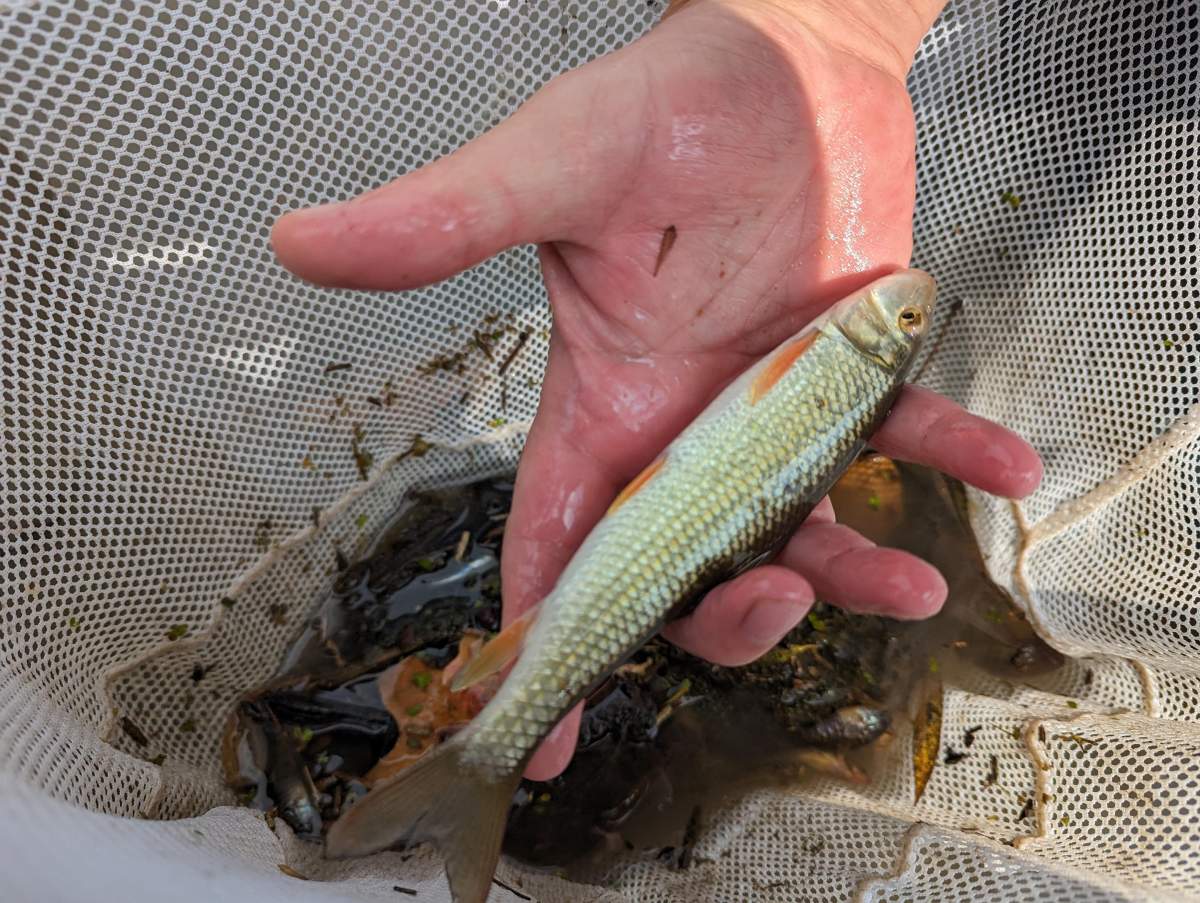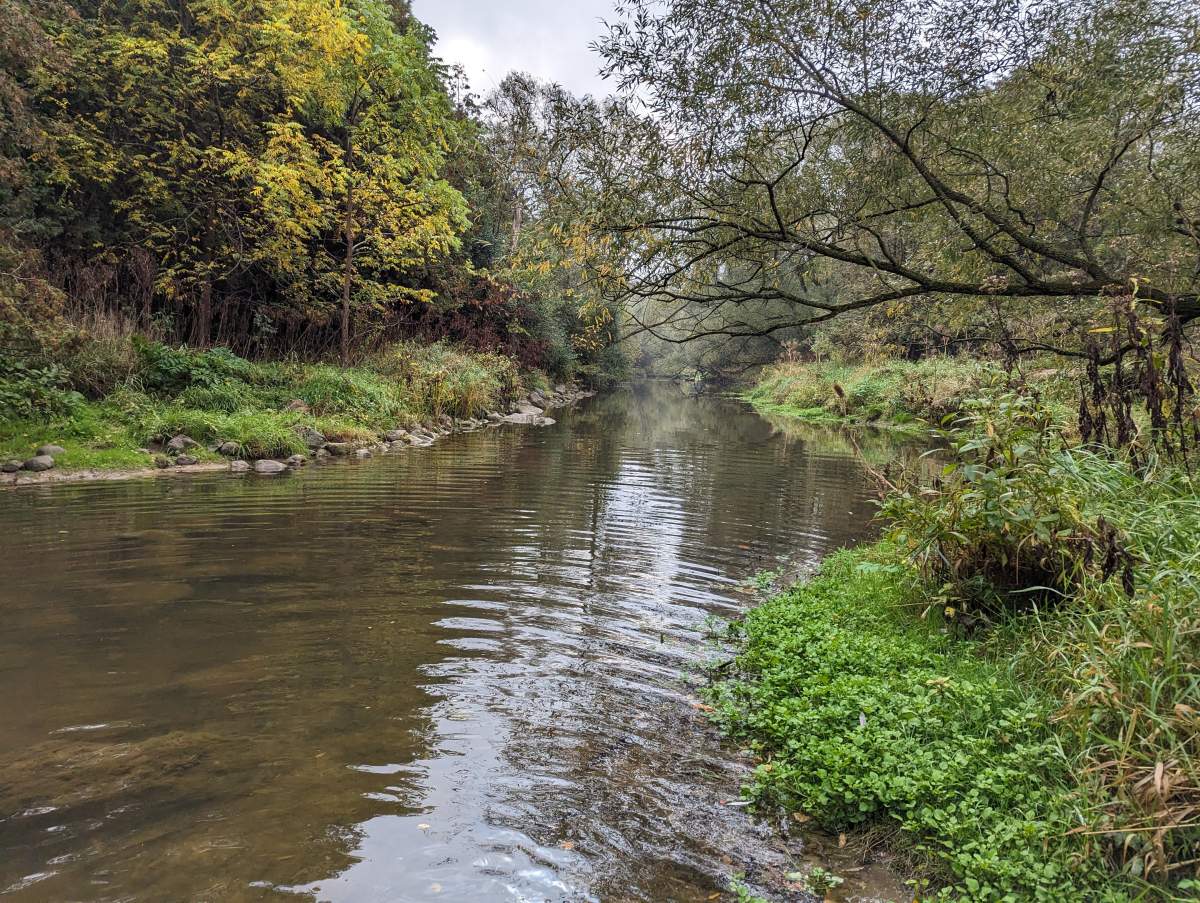For the first time in over 20 years, the black redhorse has been spotted in Fish Creek, a tributary in a river system that hosts one of the healthiest populations of the threatened species in Canada.

The Upper Thames River Conservation Authority announced the sighting of the fish — which is listed as a threatened nationwide — earlier this week.
While the fish has been spotted in other parts of the Thames and Grand rivers, its appearance in Fish Creek, a tributary of the Thames between London and St. Marys, Ont., thrilled researchers.
Aquatic biologist Erin Carroll says the two rivers represent the healthiest black redhorse population in Canada and finding the species in Fish Creek confirms that conservation efforts in the region are working.
“We were thrilled. Looking at the fish, it looked healthy. Had a nice shine, a little bit of, almost iridescence and didn’t see any lesions or tumors or anything that would indicate that it was unhealthy.”
Carroll says the black redhorse is known as an “indicator” species, meaning researchers look to its presence or absence to gauge the health of water systems.

Get daily National news
“We have a number of species that we consider indicator, that we know are kind of the canary in the coal mine,” she explained.
“This fish is telling us a story about the health of the river, and it’s representative of a whole host of animals that depend on that habitat for survival. So, we look specifically at the black redhorse, but really, we’re learning about the health of the river as a whole.”
The fish was first spotted in the summer, but Carroll says the UTRCA did their due diligence to make sure they correctly identified the fish before making any bold claims about its reappearance in Fish Creek, including sending photos to other experts.
“It’s a sucker fish, so it has sucking mouthparts. It’s not too large. It’s about 40 centimetres in length and can reach up to about maximum of 70 centimetres… It’s got a grey tail fin.”
Carroll added that the conservation and research efforts were made possible thanks to the support of Fisheries and Oceans Canada through the Habitat Stewardship Program for aquatic species at risk, which has provided $220,000 in funding since 2019.
“None of these conservation projects would be possible without funding support from them and from others. And, of course, local landowners are key. We have a whole host of partners who donate land for our projects to be implemented on and this is really a team effort.”
Those looking to get involved in UTRCA efforts and programs can find more information on their website.









Comments